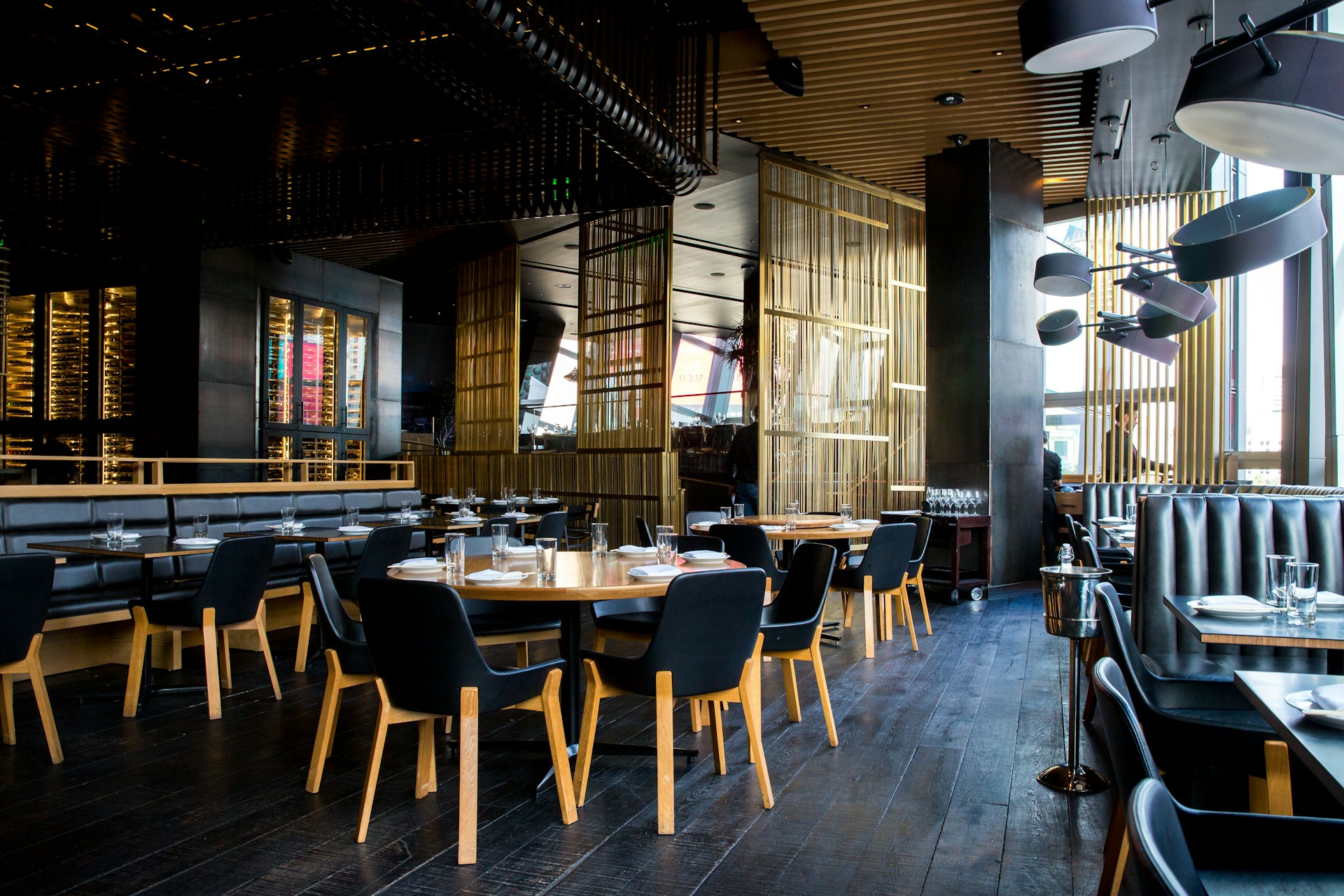The Federal Bureau of Investigation (FBI) reported a decreasing trend in house burglaries starting from 2012 to 2019, as reported in their 2019 Uniform Crime Reporting (UCR). This is good news for homeowners in various states since it shows better living conditions across the country.
For the people that do go through break-ins, they may experience long-term or lifelong trauma, especially when burglary becomes a violent crime. When building a home, and especially when starting a new family, you do not want your comfort space to be ruined with a painful memory.
Raising security in your home must be a top priority due to the sensitivity of your personal belongings. An average of $2,661 in property is stolen per break-in, as stated in the above FBI report. Out of all the break-in cases, a cumulative $3.0 billion was stolen in 2019.
While the number seems to be on the conservative side, it may not actually represent the worth of the irreplaceable properties you have built throughout the years.
Security Systems: Do they make a difference?
Most break-ins are made through the front door, with an average full duration of 8 to 10 minutes. This small time frame does not speak of the larger consequences.
If your family is away on a trip, the moment a break-in happens, you leave your house vulnerable until the day you can return to survey the damage. Leaving your house in an exposed state does not give you peace of mind.
Some burglars may even attempt to ring your bell or knock on your door. Traditional security systems, such as chain lock and door viewers, only provide minimal security features for your house.
With security systems, you are able to create advantages. Security cameras show you live feed of different locations around your house without plunging into danger. Sensors can alert both you and authorities when a suspicious person or a burglar attempts to break into your property.
With this in mind, what should you consider in security systems when you are building your home? Here are tips that can help you decide what security system is best for you:
What equipment do you need?
The basic equipment that are mostly included in security systems are monitor systems, surveillance cameras, sensors, and locks.
Monitor systems can be your smartphone or another monitor that can either centralize or control one or more security features around your house. They are usually attached to surveillance cameras to let you watch live footage and record it if applicable.
Surveillance cameras provide live feeds of the different locations of your house. These give you the basic information and outlook outdoors before you leave. Indoor cameras are attached to give you information about the state of your home when you are at work or outside.
Sensors have a variety of functions. They can be used to detect fire or motion, and can be attached to doors, windows, and ceilings. Their objective is to warn you or prevent a disaster from possibly ruining your home.
Locks have upgraded from the simple key-and-hole combination. Locks can also be filled with sensors, and can have different authentication settings. Some require numerical passcodes, biometrics, or a mixture of two authentication methods.
What exactly do you want to protect?
This question depends on your personal situation. You can consider your schedule, household members, home structure, and neighborhood.
You may work outside the home and leave your child with your nanny for the majority of the day. In this case, you may want to invest in an indoor surveillance camera first. You may also want to put a different lock on your room or some areas of your house during the day.
If you have pets, avoid buying motion sensors for the places that they can reach. These will just raise false alarms for you and your pets, which could mislead you when a real danger comes. You can also avail indoor surveillance cameras for them if you want to check on them when you are away.
How much automation do you need?
Most of the modern security systems work with automation through adjustable settings. Typically, the more adjustable functions your equipment has, the more expensive it will be.
There are security systems that only perform one function, which usually work with a sensor. For example, a numerical key lock cannot do more than lock and unlock when you enter a numerical passcode.
Some security systems can have more than one setting and function. More advanced surveillance cameras can record and save their live feeds for later viewing, have facial recognition systems, and open only when they detect motion.
The state-of-the-art security functions can have artificial intelligence (AI) technology that can adapt to your schedules and the members of your household. They can even alert you of suspicious movements around your property if it appears to be an irregularity from your routine.
Do you want a DIY or a professionally-installed security system?
This is perhaps the ultimate question you have to address before finalizing your home security plans. The options carry their own pros and cons.
Are you interested in DIY security systems?
If you opt for a do-it-yourself security system, the biggest advantage is saving money in the long-run. You can either (1) buy separate security system parts and centralize them yourself, or (2) buy DIY smart security systems.
You typically just pay huge upfront prices at first, but if the product lasts, you will no longer have to pay for more until you replace them.
Aside from lower expenses, many people choose DIY systems for easy installation and simple system interface. Some can be easily disassembled and changed if the homeowner decides to move residences or chooses to upgrade for a better security system.
Are you interested in professionally-installed security systems?
If you opt for a professionally-installed security system, you will be charged with upfront fees and installation fees, which could also be present with DIY smart security systems. However, professionally-installed security systems come with monthly fees.
Professionally-installed security systems can be installed, maintained, and repaired by their providers since you pay them a monthly fee. You do not need to worry about the equipment and you can avail customer service when you do not understand how their equipment works.
Final consideration: You know your needs best
You are the one who knows your situation best. Try answering the questions from this article to help you decide your security needs. Then, explore the options you have.
If you are on a budget, consider buying the essentials first or take your time shopping around for a security system you can afford. You can always upgrade it at a later time.
Are you looking for a reliable commercial security system provider? Alarm Masters provide fully integrated access control, video surveillance, and alarm systems for small businesses. Click on their website to see how they have kept businesses safe with their security services.
.svg)



.svg)


.svg)



